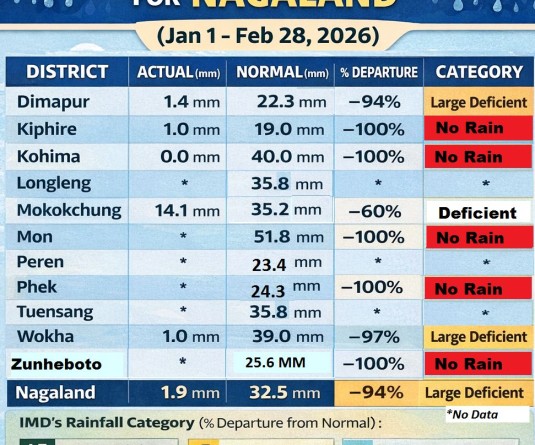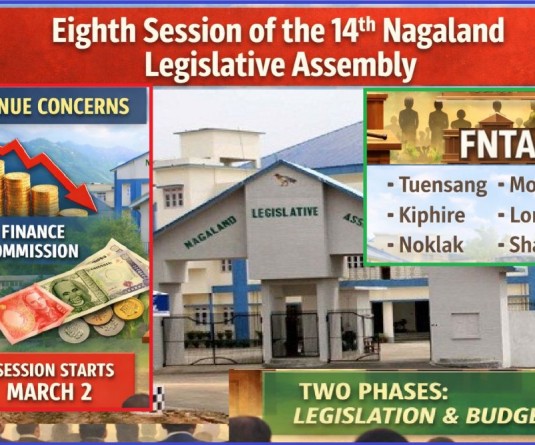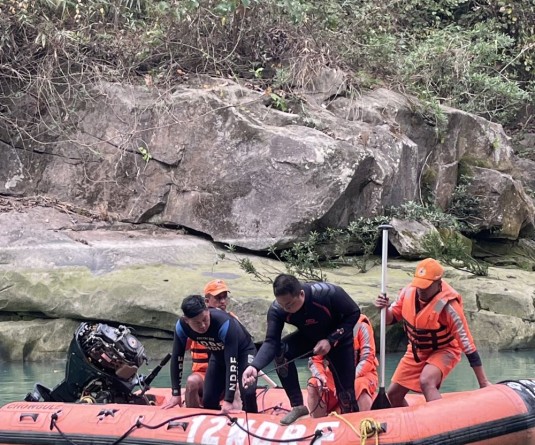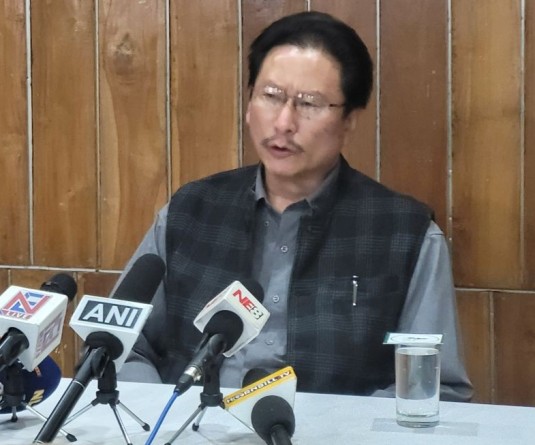
State level workshop on forest conservation and management underway
Our Correspondent
Kohima | March 14
A two day State level workshop on “evolving strategies for enhancing conservation and management of private and community forests”, organized by the State Forestry Department commenced on March 14 at Hotel Japfü, Kohima.
The workshop which is being attended by 28 persons from the districts of Kohima, Kiphire, Longleng, Peren, Phek, Tuensang, and officers from the Forest Department, NEPED, JFM Committee. It will focus on the conservation and management of natural resources, community conservation initiatives and the role of community in these initiatives and management strategies for enhancing the community-conserved areas in the State.
Nagaland, a state which has nearly 80% of the forests owned by individuals has been listed in one of the belts among the 35 bio-diversity hotspot belts in the world and global warming becoming a matter of serious concern, strategies on how to conserve and manage the environment was presented by the resource persons.
Rongsenlemla Imchen, IFS, DFO Phek Division presenting on conservation and natural resource management speaking about the perils of global warming and the factors causing it, stressed on the need to evolve strategies to keep a balance on environment and development. Vengota Nakro and Vizonyü Liezietsu, members of NEPED speaking on how community conservation is fast becoming a major issue spoke the need to preserve fauna in the state and their relationship in maintaining a proper ecological balance.
A 2008 statistics report by NEPED of 86 villages with 14578 households out of which 922 persons were involved in hunting and six were regular hunters revealed that more than four lakh animals and birds had been killed in a single year. Vengota related an incident of an Amur falcon coded 95778, with a matchbox sized GPS transmitter fitted on it, for about three years had disappeared, with its last known position in Nagaland.
Citing examples of the Khonoma Wildlife Sanctuary, Ghosu Bird Reserve, Ghikiye Village and Sendenyu Reserve, the speakers stressed on the need to preserve the flora of fauna by banning commercial hunting, scheduled hunting season with a specified area for hunting, keeping a tab on collection of medicinal plants, planting more trees, neighboring villages joining together in enlarging conservation belts, documentation and research on biological resources, Government funded exposure trip and exchange visits, consultative meetings between the department and the villages, documentation on IEK of both plants and animals and documentation to spread awareness of how livelihood depends on environmental conservation, explaining to them the means of materializing these challenges.
They spoke of how villages in Nagaland coming out with community conservation initiatives, were faced with problems of sustaining their projects as they had no idea of linking it with their livelihood and NEPED’s projects in Mon and Tuensang districts on community conservation initiatives.
Temjen, IFS, DCF, Social Forestry talking to this correspondent revealed how villages have themselves now come forward asking strategies to conserve their villages. He further added that the department is focused on linking the livelihood of the people with conservation by putting up eco-tourism, trekking proposals to the government, a three day follow up programme on Eco tourism focusing on community conserved areas, will be held from March 20 to 22, he said. The delegates will be going on a field visit to Sendenyu Villages Community Biodiversity Reserve followed by a group exercise on March 15.






